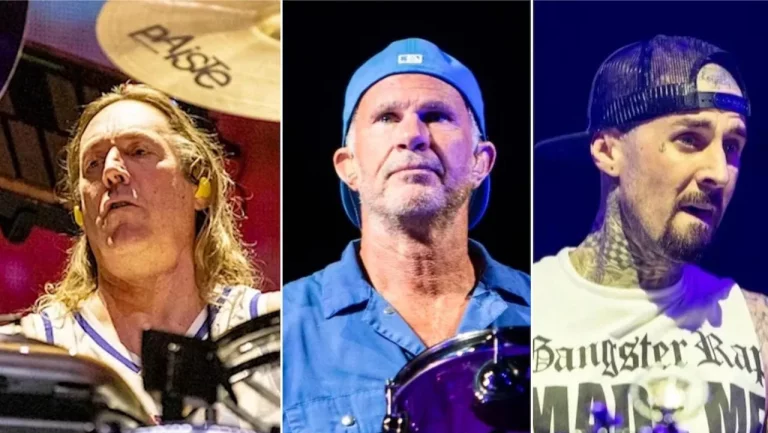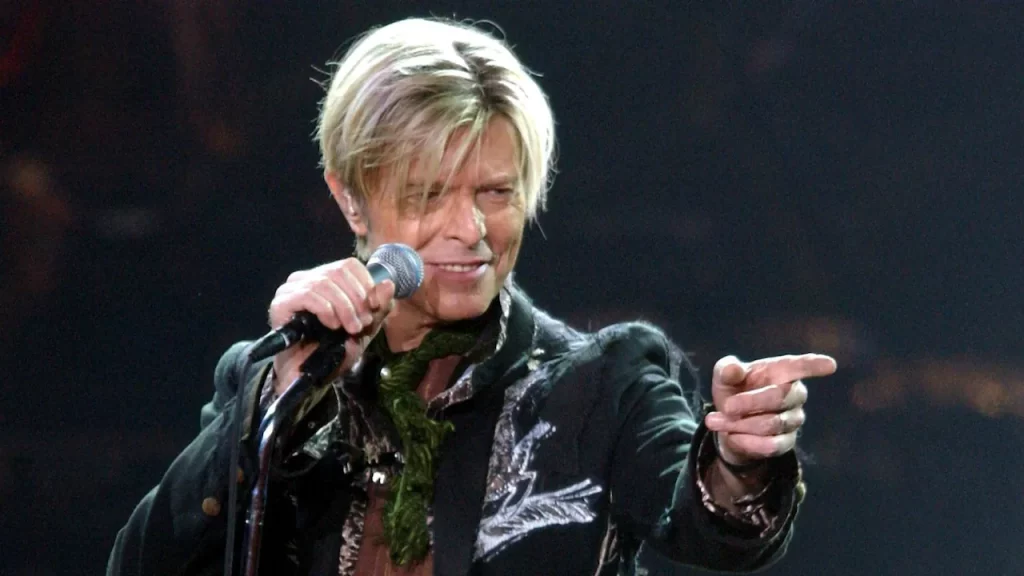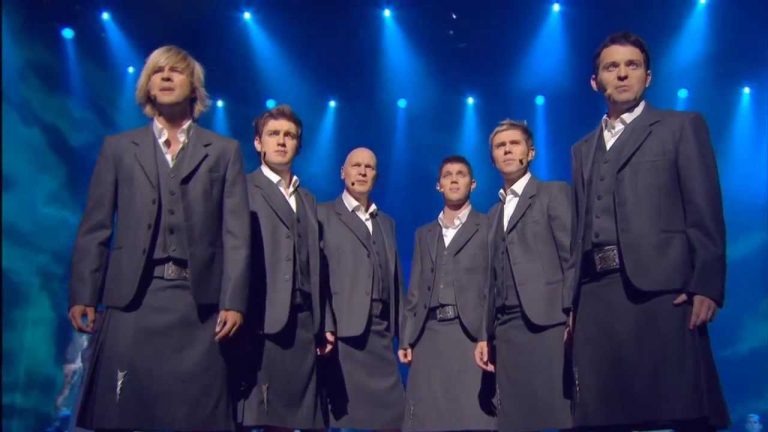When Keith Urban hits the stage, it’s never just another concert—it’s a deeply felt experience that lingers long after the final note fades. With his guitar slung over his shoulder and an open heart that reaches every corner of the venue, Urban transforms every show into a journey fans will never forget.
Whether he’s delivering an intimate acoustic moment, harmonizing with fellow stars, or spotlighting young talent before thousands, Keith Urban continues to inspire fans across the globe. Here are three unforgettable live moments that prove why he remains a pillar of country music.
“My Heart’s Like a Hometown” – A Night to Remember at the Grand Ole Opry
Beneath the warm glow of the Grand Ole Opry lights, Keith Urban poured his soul into “My Heart’s Like a Hometown.” Each lyric resonated through the historic hall, bringing the audience into a world of childhood streets, familiar faces, and the comforting embrace of home.
“He didn’t just sing it—he lived it,” one attendee shared.
Urban’s performance became more than just a song; it was a heartfelt reminder of where we come from and the places that shape us, reminding everyone why his music continues to strike such a deep chord.
Keith Urban & Sugarland – “Seven Bridges Road” (The Eagles Cover)
Few moments capture the magic of live music like this one.
In a surprise collaboration that thrilled the audience, Keith Urban joined forces with Sugarland for a powerful cover of The Eagles’ “Seven Bridges Road.” Their harmonies wove together seamlessly, filling the venue with warmth and an energy that had fans singing along, lost in the beauty of the moment.
“It gave me goosebumps the whole way through,” a fan posted afterward.
The chemistry on stage was undeniable, the joy infectious, creating a performance that quickly became a highlight shared and replayed across the internet by fans worldwide.
An Unforgettable Duet with 11-Year-Old Lauren Spencer-Smith
Sometimes the most powerful moments happen when you least expect them.
In front of a roaring crowd, Keith Urban invited 11-year-old Lauren Spencer-Smith to join him on stage. What unfolded was a breathtaking duet, with Lauren’s mature, soulful voice harmonizing with Keith in a performance that left many in tears.
Urban’s encouragement and warmth created the perfect space for Lauren to shine, showcasing his ability to not just perform but uplift others along the way.
“He believed in her, and you could feel it,” one concertgoer recalled.
The touching duet quickly captured hearts online, gathering millions of views and inspiring countless fans.
Keith Urban doesn’t just take the stage to perform; he invites the audience into his world, sharing stories through music with authenticity and heart. His concerts feel personal, whether in a packed stadium or under the historic lights of the Opry, turning songs into living memories.
He creates moments that last a lifetime—moments of nostalgia, joy, and inspiration that remind us why music matters.










